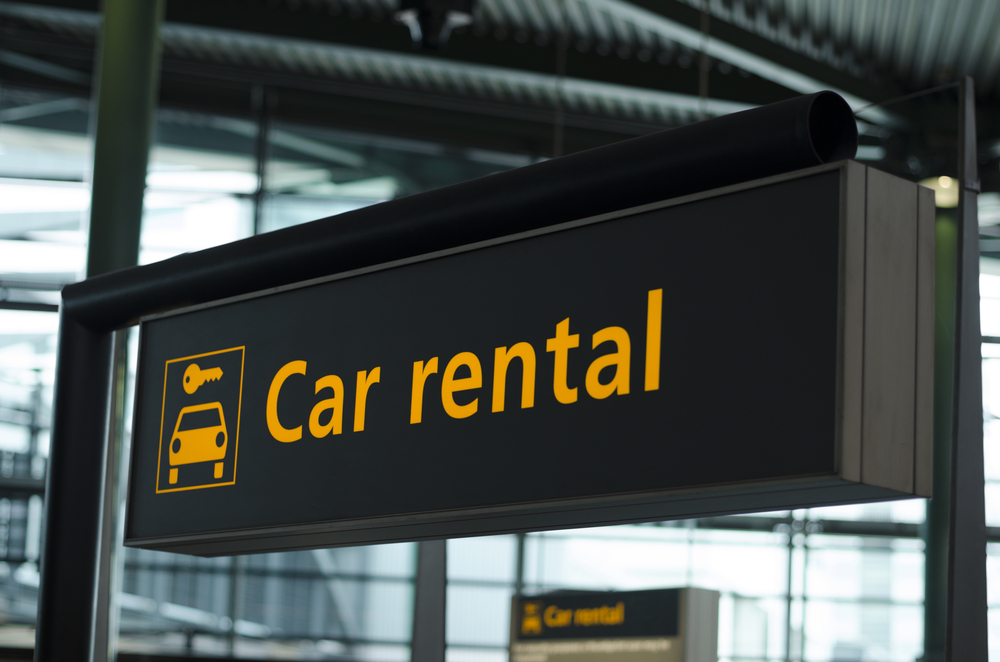Safeguarding What Matters: The Power of Liability Insurance
The liability section of your auto insurance policy covers your financial responsibility in the event of injuring others in an accident for which you are at fault. This coverage is typically mandatory in most states, as it helps protect not only you but also others who may be affected by the accident. Having adequate liability coverage ensures that you can meet your legal and financial obligations if you’re involved in a collision.




